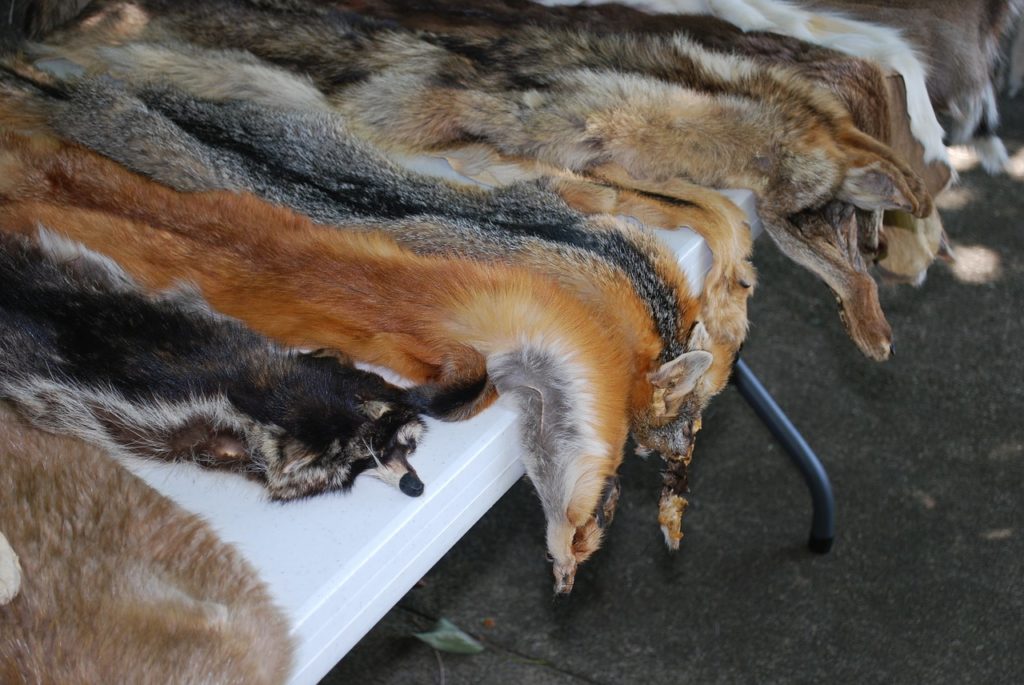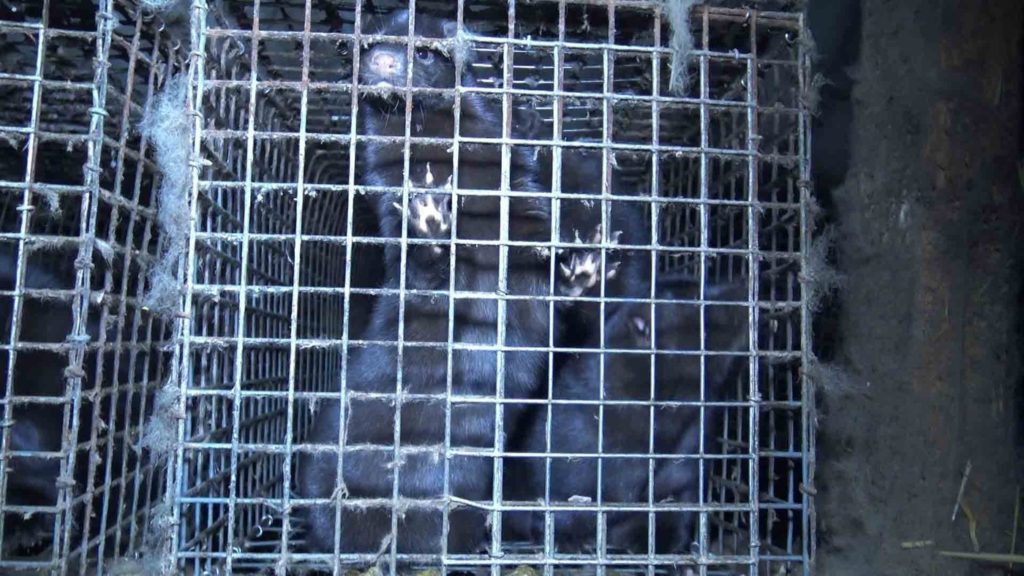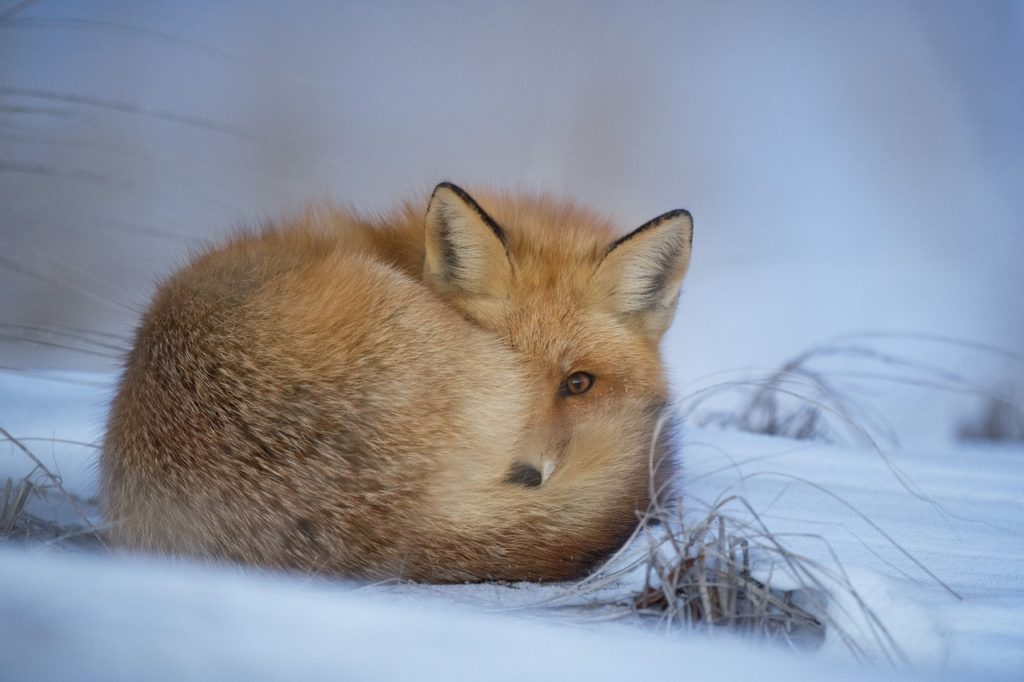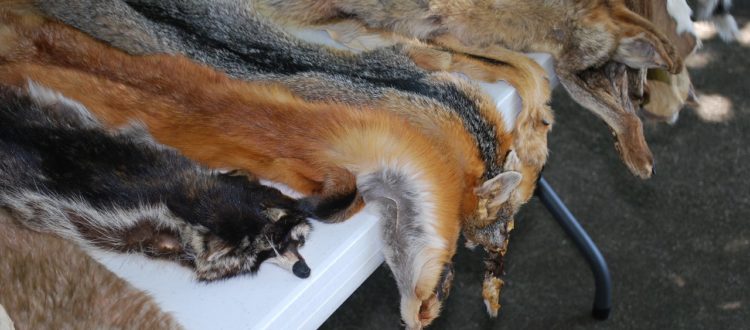Norway signs the end of fur farming
In April 2019, Norway announces an unprecedented decision : the end of fur farms by 2025. Although we would have liked the law to be implemented more quickly, we welcome this progress for animal welfare. Norway is still infamous for its cage farming of polar foxes or mink fur whose fur is for the manufacture of luxury clothing. By passing this law, Norway joins the list of countries that have already committed to phasing out fur farms. Unfortunately, France still does not appear…

The horror of fur farming
In terms of animal protection, humans still have a lot to do. It is estimated that there are still 6,000 fur farms in the European Union, including Denmark. This country alone produces 28% of the world’s production of mink fur. But other countries, outside the EU, have also embarked on this lucrative trade in the image of China. Thus, 90% of angora production comes from China. But the country is not just a producer. China has also become the world’s largest consumer of furand buys 80% of the skins in the world. With more than 66 million skins sold each year, it must be said that the market is juicy : in 2013, global sales of furs earned nearly 32 billion euros. But behind these figures hide the horror of animal farming.
Mink, chinchillas, rabbits and even cats and dogs are the main animals to be killed “for sale or any other use of their fur “. You are not dreaming : cat or dog fur products are still available today and marketed by the luxury industry. And it goes without saying that animals are bred in deplorable conditions that we did not even think were possible in 2019… Fortunately, the fur trade is in decline. In 2019, although global sales are at record levels due to China’s growing demand, global mink production has dropped by about 20% compared to 2018.

Countries oppose fur farming
Norway, which accounts for about 1% of the global production of mink skins and between 2% and 3% of fox skins, has just announced the ban on fur farming by 2025. But other countries had already committed to this end : the United Kingdom, the Netherlands, Austria, Croatia, Japan and Bosnia and Herzegovina. France, meanwhile, is still behind in terms of animal legislation. And even though 91% of French people are opposed to the fur trade. Thus, France still houses today 5 mink farms and 11 rabbit farms for the production of fur. Despite a unanimous opinion of the French and animal welfare associations, the Ministry of Agriculture and Food indicated in 2018 that it did not envisage “to ban the breeding of animals intended for the production of animals fur“.




